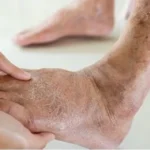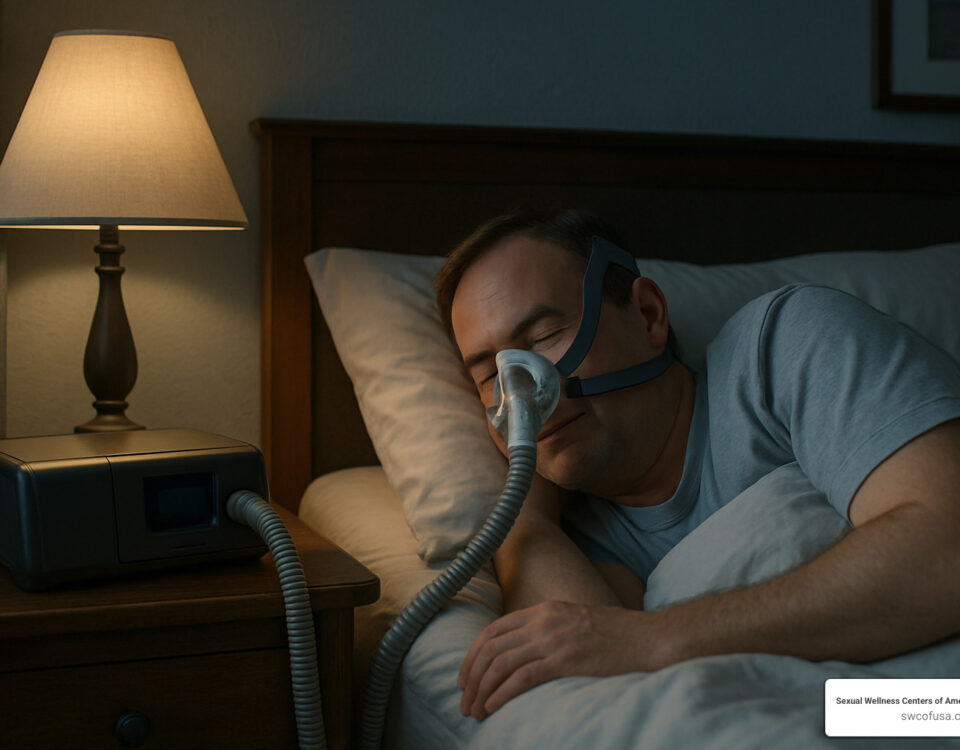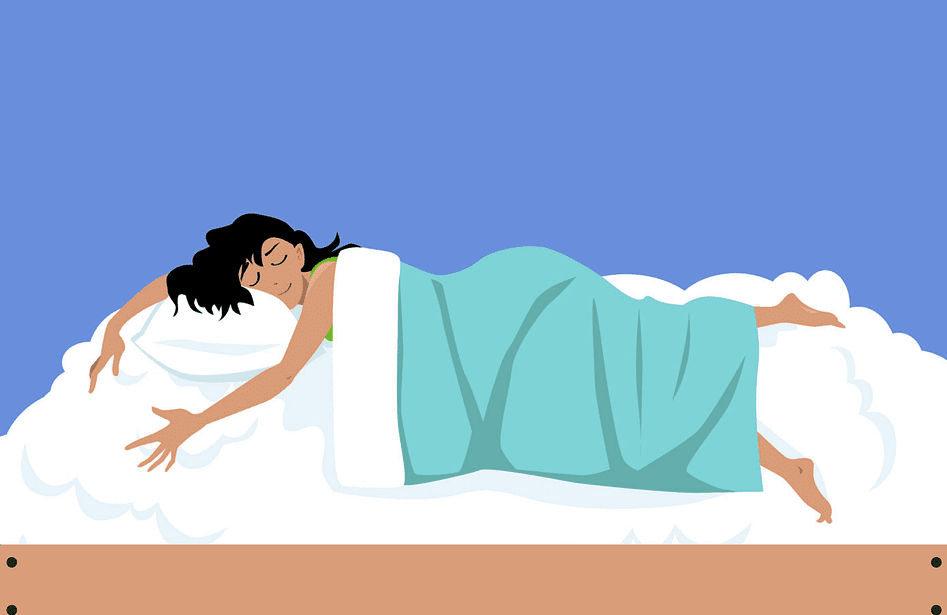
Exploring the Connection Between Vascular Insufficiency and Aging
October 3, 2025
FAQs About Medical Weight Loss
October 3, 2025Sleep is key to overall health, yet millions struggle with conditions that prevent them from getting the rest they need. From insomnia to sleep apnea, these issues can interfere with daily functioning and long-term well-being. A sleep disorder specialist can help identify the underlying causes and create a tailored treatment plan to restore healthy sleep patterns. Here’s more information on what a sleep disorder is and how a sleep disorder specialist can help:
Common Symptoms of Sleep Disorders
Sleep disorders encompass a range of conditions that impact sleep quality, timing, and duration. Here is a list of common sleep disorders that may warrant a visit to a sleep disorder specialist:
- Obstructive Sleep Apnea: This condition occurs when the muscles in the throat relax during sleep, blocking the airway and causing brief interruptions in breathing throughout the night.
- Insomnia: Insomnia involves difficulty falling asleep, staying asleep, or waking too early. Individuals with this condition may feel exhausted but remain awake when attempting to sleep.
- Narcolepsy: Narcolepsy leads to sudden sleep episodes during daytime activities. Individuals with this condition may fall asleep unexpectedly, even while eating, talking, or driving. These sleep attacks occur without warning and significantly disrupt daily functioning.
- Restless Legs Syndrome (RLS): RLS causes uncomfortable sensations in the legs, such as crawling, tingling, or aching. These sensations intensify at night, creating a strong urge to move the legs. This results in difficulty falling asleep.
Recognizing the unique characteristics of each sleep disorder can help individuals seek the appropriate medical evaluation and treatment to improve their sleep health.
Major Causes and Risk Factors
Medical conditions such as heart disease, diabetes, and neurological disorders can disrupt normal sleep patterns. Medications, including certain antidepressants and blood pressure medications, may also interfere with sleep. Lifestyle factors play a significant role in sleep health. Irregular sleep schedules, excessive caffeine consumption, and lack of physical activity can contribute to sleep problems. Stress, anxiety, and depression frequently disrupt sleep patterns and may lead to chronic insomnia. Age affects sleep patterns naturally. Older adults often experience changes in sleep architecture and may develop sleep disorders more frequently than younger individuals.
Available Treatments
Treatment approaches vary depending on the specific sleep disorder and its underlying causes. Sleep hygiene education forms the foundation of most treatment plans. For obstructive sleep apnea, continuous positive airway pressure (CPAP) therapy is often the primary treatment. CPAP devices deliver pressurized air through a mask to keep airways open during sleep.
Insomnia treatment may include cognitive-behavioral therapy for insomnia (CBT-I), which helps identify and change thoughts and behaviors that interfere with sleep. Narcolepsy management involves medications that promote wakefulness during the day and regulate sleep patterns. Scheduled naps and maintaining regular sleep schedules can also help manage symptoms.
Restless legs syndrome treatment may include medications that affect dopamine levels in the brain. Iron supplementation can be beneficial for individuals with iron deficiency. Lifestyle modifications, such as regular exercise and avoiding caffeine, may also help reduce symptoms.
Appropriate Time for Evaluation
Professional evaluation becomes necessary when sleep problems persist for several weeks and interfere with daily activities. A sleep specialist conducts comprehensive assessments to identify the specific type and cause of your sleep disorder. These tests provide detailed information about sleep stages and can identify disruptions that may not be apparent to the individual.
Consult a Sleep Disorder Specialist
Sleep disorders significantly impact your health and well-being. Proper diagnosis through professional evaluation is the key step toward finding relief from sleep problems. Sleep specialists utilize advanced diagnostic tools and evidence-based treatments to address a range of sleep disorders. For persistent sleep difficulties, daytime fatigue, or symptoms that interfere with your daily activities, contact a sleep disorder specialist near you to schedule a consultation today.





